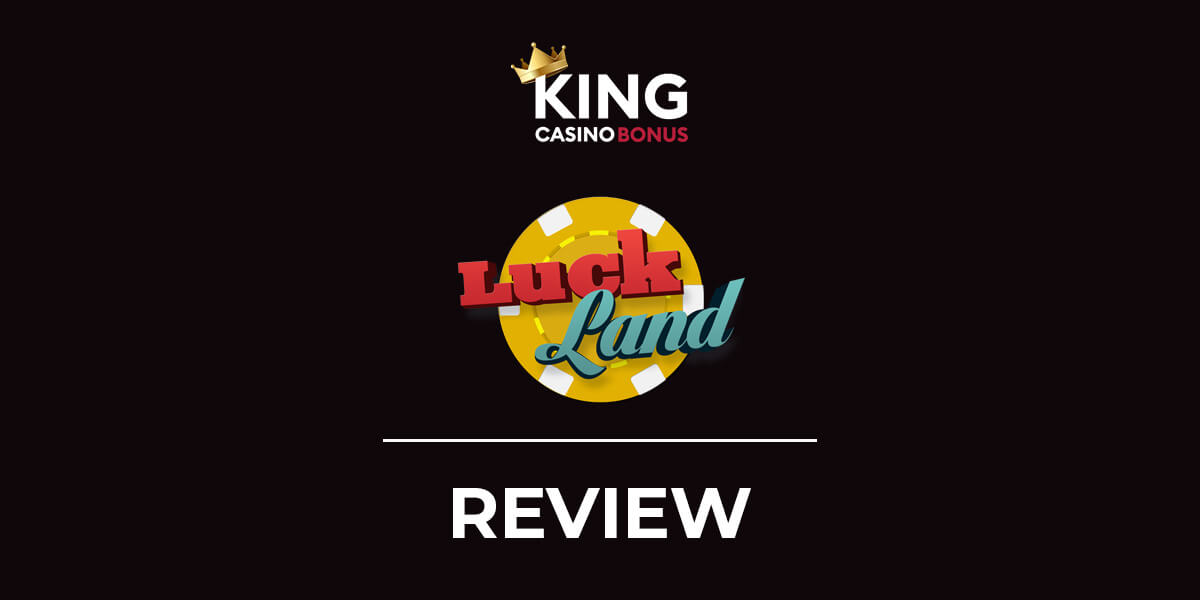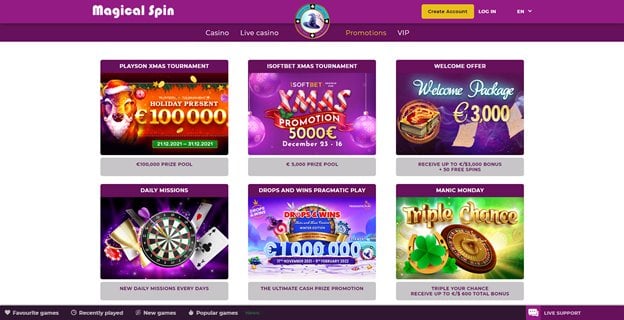. . .
The Role of Blog Articles in Modern Digital Marketing
Blog articles remain a cornerstone of any effective digital marketing strategy. They serve as both educational resources and lead generators, helping businesses establish authority in their niche. By integrating content marketing with strategic search engine optimization, companies can drive organic traffic and convert readers into customers. A well-crafted blog article not only addresses audience needs but also aligns with broader digital marketing strategy goals.
Essential Tips for Conducting Effective Blog Research
Research forms the backbone of impactful blog articles. Start by identifying your target audience’s pain points and questions. Use tools like Google Trends or keyword analyzers to uncover high-value topics. Prioritize themes that align with your brand’s content marketing objectives while ensuring they match current search engine optimization trends. This approach ensures your blog articles resonate with both readers and search engines.
How to Outline Your Blog Article for Maximum Impact
- Begin with a clear introduction that highlights the value of your blog article.
- Break down complex topics into subheadings to improve readability and search engine optimization.
- Conclude with a strong call-to-action that encourages engagement or further exploration.
Writing Techniques to Engage Your Audience
Engaging blog articles require a balance of informative content and relatable language. Use storytelling, real-life examples, and a conversational tone to connect with readers. Incorporate visual elements like images or infographics to break up text. For deeper insights, visit https://johnizzy.com/ to explore advanced writing techniques tailored for modern audiences.
SEO Best Practices for Optimizing Blog Content
SEO best practices are essential for ensuring your blog articles rank well in search results. Optimize meta descriptions, use header tags strategically, and include targeted keywords naturally throughout the content. Internal linking and mobile responsiveness also play critical roles in improving visibility. Regularly updating blog articles keeps them relevant and aligned with evolving search engine optimization standards.
The Importance of Keyword Research in Blog Writing
Keyword research is the foundation of effective search engine optimization. Identify low-competition, high-intent keywords that align with your blog’s purpose. Tools like Ahrefs or SEMrush can help uncover opportunities. However, avoid overstuffing; instead, integrate keywords seamlessly into headings, subheadings, and body text to maintain readability while boosting search engine optimization performance.
Content Optimization Strategies for Search Engines
Optimizing blog articles for search engines involves more than just keywords. Ensure your content includes alt text for images, concise URLs, and structured data markup. Prioritize fast loading speeds and mobile compatibility. Additionally, leverage schema markup to enhance rich snippets in search results. These SEO best practices collectively improve discoverability and user experience.
Engagement Strategies to Increase Reader Interaction
- Ask rhetorical questions or pose challenges to spark curiosity.
- Incorporate polls, quizzes, or comment prompts to encourage participation.
- Share behind-the-scenes insights or personal anecdotes to humanize your brand.
Repurposing Blog Content for Maximum Reach
High-quality blog articles can be repurposed into social media posts, email newsletters, or video scripts. This approach maximizes content marketing ROI by extending the lifespan of your original content. Repurposing also allows you to tailor messages for different platforms while maintaining consistency with your digital marketing strategy.
Tools and Resources for Aspiring Blog Writers
Leverage tools like Grammarly for grammar checks, Canva for visuals, or Yoast SEO for optimization. Platforms like Medium or Substack offer publishing options, while analytics tools track performance. Staying updated with search engine optimization trends through blogs or webinars ensures your blog articles remain competitive.
Measuring the Success of Your Blog Articles
Track metrics like bounce rate, time on page, and conversion rates to evaluate blog performance. Use Google Analytics or UTM parameters to monitor traffic sources. Regularly reviewing these insights helps refine your digital marketing strategy and identify areas for improvement in future blog articles.
Common Mistakes to Avoid in Blog Writing
- Ignoring keyword research, leading to poor search engine optimization outcomes.
- Overlooking readability by using overly technical language.
- Failing to update outdated content, reducing its relevance and authority.
Future Trends in Blogging and Content Creation
The future of blogging lies in AI-driven personalization, voice search optimization, and interactive content formats. Blogs will increasingly blend with video and podcast formats to cater to diverse audience preferences. Adapting to these trends ensures your blog articles stay ahead in the evolving digital marketing strategy landscape.
Case Studies: Successful Blog Articles That Made an Impact
Companies like HubSpot and Neil Patel have leveraged content marketing and SEO best practices to create viral blog articles. Their success stems from combining actionable advice with strategic search engine optimization, proving that quality blog articles can significantly boost brand visibility and engagement.









